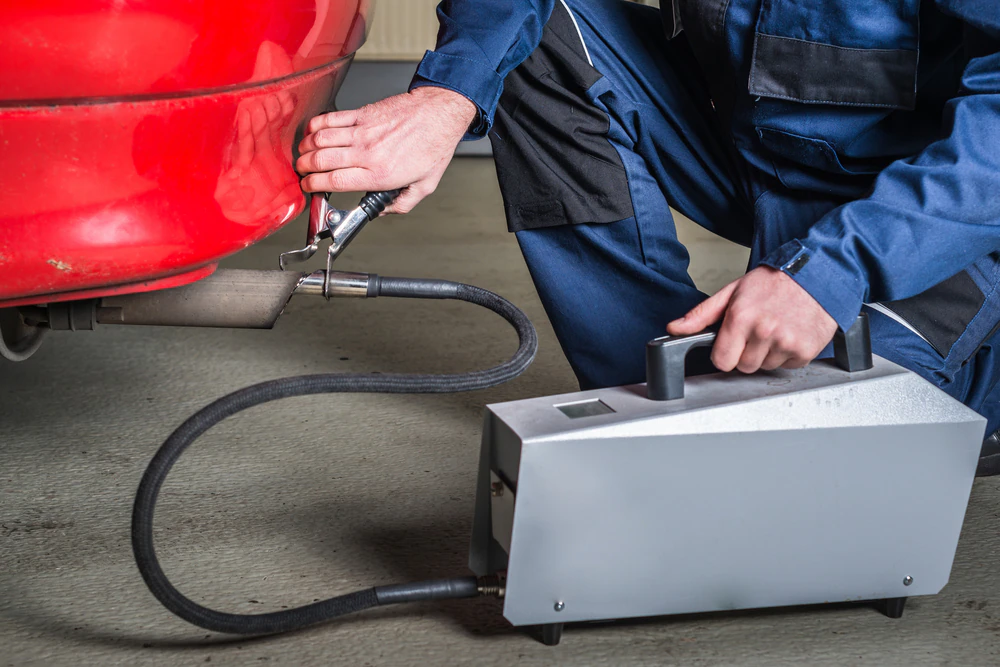Emergencies don’t wait for perfect conditions. In moments of chaos, communication becomes everything. Whether it’s a natural disaster, a large-scale accident, or a public safety event, emergency teams rely on tools that won’t fail. Among the most trusted names in this space is ICOM—a company known for producing durable, reliable, and high-performance radios. But beyond just making the devices, ICOM radio sales play a crucial role in ensuring these lifesaving tools reach the right hands in time.
Strengthening Emergency Readiness Nationwide
Communities, agencies, and organizations can’t afford delays in their emergency preparedness plans. Radios need to be available, configured, and deployed without hassle. That’s where strategic sales support comes in. ICOM’s distribution network is designed to prioritize speed, reliability, and compatibility with a variety of use cases, from first responders to emergency volunteers.
By streamlining access to the right communication tools, ICOM helps entire systems prepare in advance, not just react when things go wrong. This proactive approach reduces gaps in readiness and strengthens communication chains at every level.
ICOM Radio Sales Deliver Mission-Critical Equipment Fast
ICOM radio sales refer to the distribution and commercial availability of the brand’s professional-grade communication devices. These radios are specifically engineered for critical environments. Whether analog or digital, handheld or mobile, they feature wide coverage, strong battery life, and crystal-clear sound—even in the noisiest or harshest conditions.
Sales channels are optimized to serve police, firefighters, search and rescue teams, and disaster response units across the globe. This isn’t just about selling gear—it’s about making sure mission-critical equipment is ready when it’s needed most.
Partnering with Emergency Response Agencies
ICOM radio sales teams work closely with emergency response agencies to understand their needs. Every region has unique challenges—terrain, weather, infrastructure—and radios must be configured accordingly. Sales specialists don’t just hand over products; they offer recommendations based on use cases and operational goals.
This partnership ensures agencies don’t waste time with trial and error. From selecting compatible frequencies to programming channels and offering accessories like headsets or repeaters, the process is guided every step of the way. It’s this high-touch support that keeps response times short and communication lines strong.
Training and Support Extend Beyond the Sale
Buying radios is one part of the equation. Knowing how to use them effectively during high-stress moments is another. ICOM radio sales teams often include training packages or access to technical resources that simplify onboarding for first responders.
Users are shown how to switch channels, connect in groups, or troubleshoot common issues. In some cases, agencies also receive refresher modules or train-the-trainer programs, keeping knowledge fresh and scalable. This post-sale support ensures the gear stays functional and the people using it stay confident, even in extreme conditions.
Adapting Solutions for Modern Emergency Demands
Technology evolves, and so do emergencies. Wildfires, power grid failures, cyberattacks—modern threats require modern tools. ICOM keeps up by adapting its radio systems with digital protocols, GPS integration, encryption, and waterproof designs. Sales representatives highlight these updates so that agencies can upgrade at the right time, without overhauling entire systems.
That adaptability makes ICOM a long-term partner in emergency response. Whether it’s enhancing interoperability or updating firmware to handle new regulations, their approach stays flexible.
Conclusion
Emergency communication is too important to leave to chance. ICOM radio sales are not just about moving products—they’re about building systems that save lives. From fast delivery and hands-on configuration to training and long-term support, every step in the sales process is designed to strengthen the backbone of emergency response.




